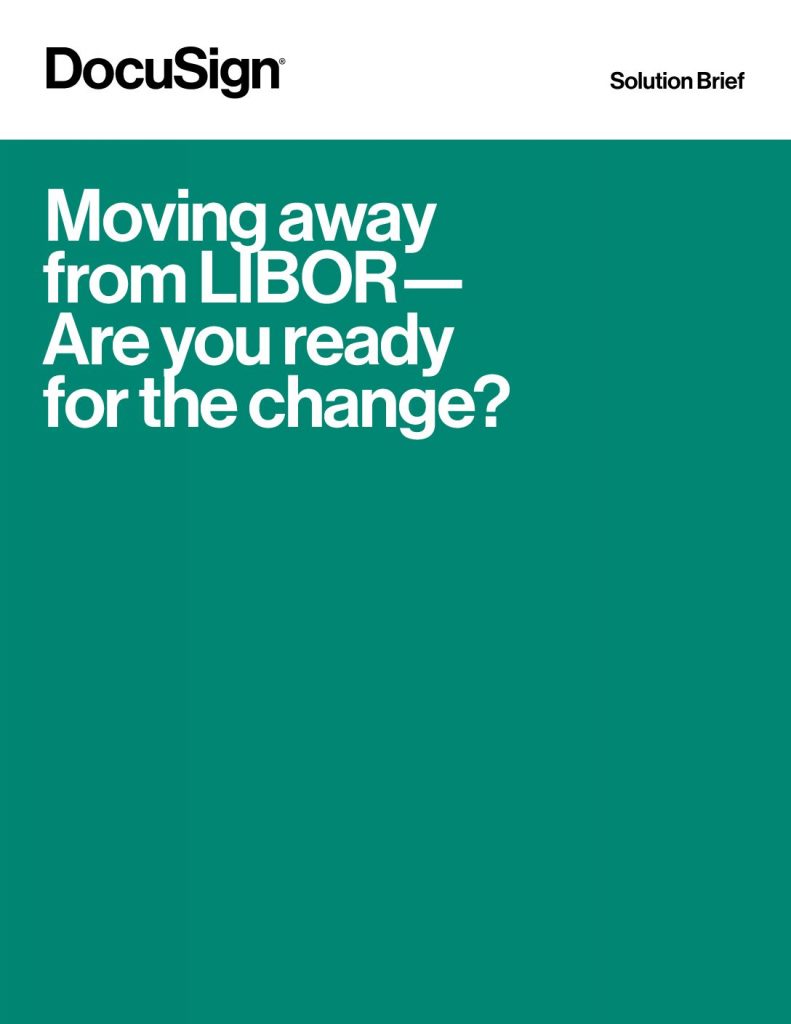According to a recent The Financial Times article, “the BoE’s deputy governor for markets and banking, said in a speech on Wednesday that it was “last orders” for the interest rate and that banks must stop adding to their post-2021 LIBOR exposures. By some measures, he added, the task is on a bigger scale than preparing for Brexit.”
1. The issue being talked about? LIBOR! LIBOR, which stands for the London Interbank Offered Rate, is a benchmark interest rate, representing the amount that banks pay to borrow unsecured from each other. But LIBOR’s days are numbered. It is due to be phased out in two years.
2. This issue is larger than just LIBOR. All of the IBORS (collectively, Interbank Offered Rates, which include, among others, EUIBOR (Euro Interbank Offered Rate), SIBOR (Singapore Interbank Offered Rate) and CH LIBOR (Switzerland Interbank Offered Rate)) will be replaced with alternative reference rates. The Financial Conduct Authority (FCA) announced plans to retire LIBOR by 2021 because of LIBOR’s inherent structural weakness – particularly highlighted during the 2007-2009 financial crisis when banks were under fire for manipulating the benchmark for higher gain.
This change is estimated to impact over £350 trillion worth of contracts, and to manage the transition, companies and financial institutions alike must review every aspect of their business that uses the LIBOR and all other IBOR-based






